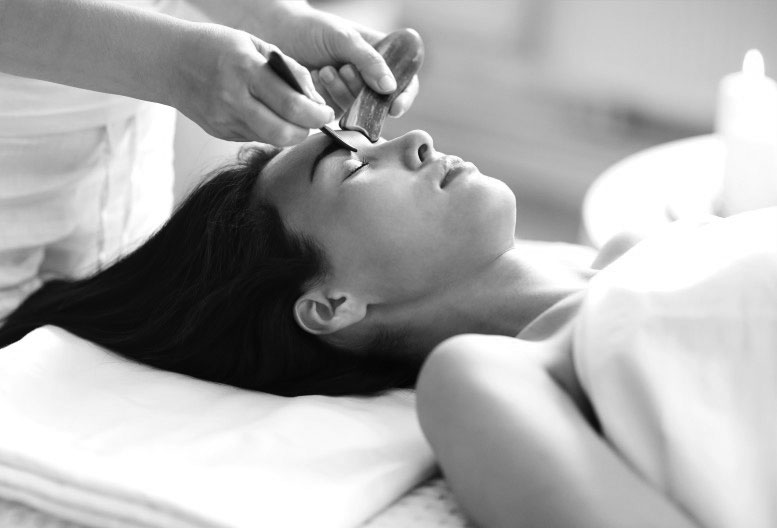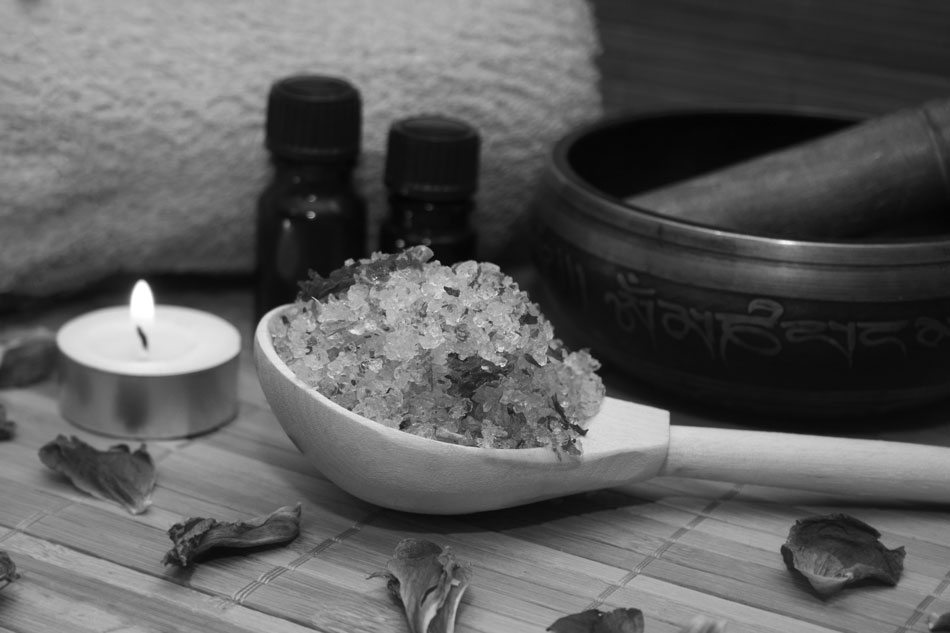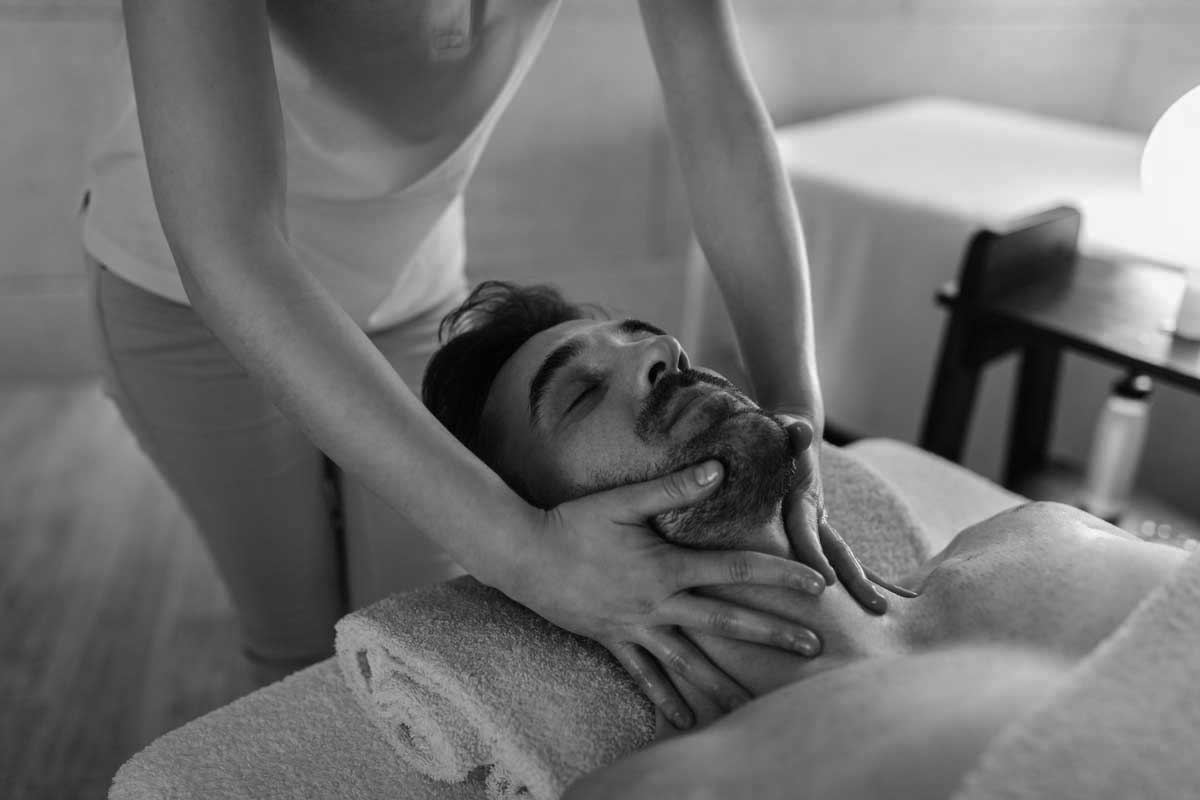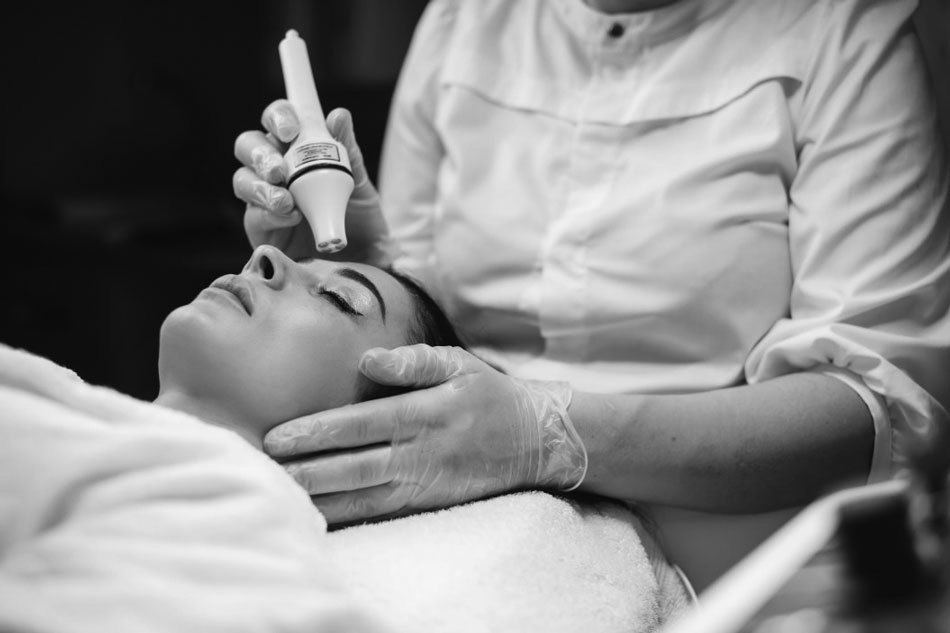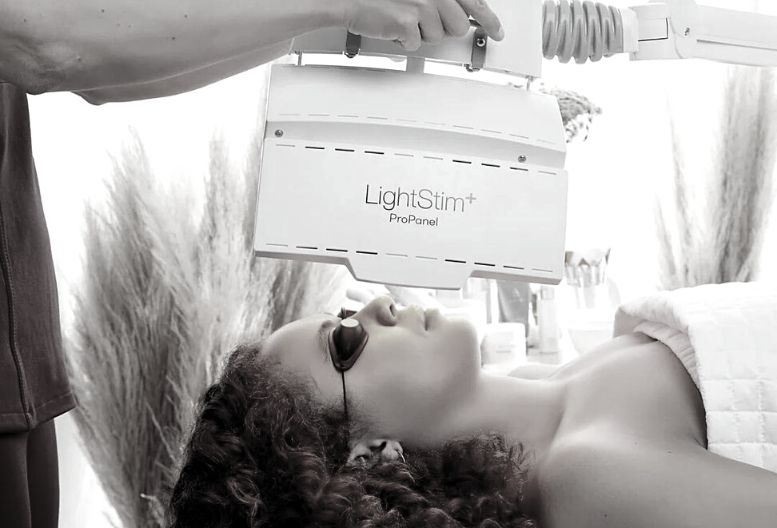Many of us find ourselves on our feet all day at work. Whether you work in an office, a factory, a field, a hospital, or anything in between, there is a good chance that you put a lot of weight and stress on your feet every day. It is not always the back, stress can manifest itself in the other parts of our body too. People often opt for massages, so it makes sense that there should be foot massages too, right? Reflexology is much more than a foot massage, but at its foundation, that’s the easiest way to describe the process. This specific area of massage therapy also includes the hands and ears, making it more of an extremity massage than a foot massage.
What Is Reflexology?
Reflexology is an alternative treatment for a wide variety of conditions, as mentioned above, and has been in use for thousands of years. The ancient Chinese and Egyptians have documented practices similar to reflexology as a treatment for certain afflictions. It involves the reflexologist applying pressure to specific areas in the hands, feet, and ears that affect certain reflex areas of the body. Imagine that there is a connection between zones of your feet and hands that represent certain areas of your body that can be adjusted or managed through these zones. A lot of the theory behind reflexology has to do with aligning your qi, but even for those who normally don’t invest much in this discipline of health, there are plenty of scientific studies that have supported the claims of reflexologists.
It is not widely accepted in the medical world, but thousands of alternative physicians across the globe have been using reflexology for generations, with surprisingly positive results. If there are alternative treatments to treating more than a dozen health conditions affecting various parts of the body, isn’t it worth giving reflexology a try? After that, you can decide for yourself. Now, let’s look a bit more into which benefits reflexology has been repeatedly linked to over the years. If you suffer from any of these health conditions, give it a shot! What do you have to lose?
Benefits Of Reflexology
The health benefits of reflexology include its ability to improve the nerve functions, raise energy levels, increase circulation and much more.
Improved Nerve Function
As our bodies age, our nerve endings become less sensitive in parts of our body, particularly in our extremities. That being said, reflexology has been connected with stimulating more than 7,000 different nerve endings in a single session, thereby increasing their function and reactivity. Opening and cleaning out neural pathways can help improve functionality and flexibility in many areas around the body. Neural pathways are like muscles, so it is good to work them once in a while to keep them sharp!
By aligning the functioning of various organ and muscle systems, reflexology can increase metabolism and energy creation processes within the body. If you need a boost of energy or are always feeling sluggish, perhaps a reflexology session can help put some pep back in your step!
Increased Circulation
One of the most well-known and verified benefits of reflexology is an improvement in circulation throughout the body, which means that blood and oxygen are being cycled through the body more effectively. This means more oxygen reaches vital organ systems, thereby optimizing their functioning and further increasing the metabolism. This also results in faster healing and re-growth of damaged cells.
Relaxation
As mentioned above, reflexology has been known to open neural pathways, and this sort of free-flowing neural activity results in a more relaxed state in the body. For this reason, reflexology can flood your system with relaxation, inducing a state of calm throughout your body and mind. In this same vein, reflexology is commonly used to cure sleep disorders. Insomnia can be a very troubling condition to suffer through, but reflexology helps your body relax and get back to its normal, healthy Circadian rhythms.
Elimination of Toxins
Reflexology has been shown to improve bladder function and to reduce urinary tract issues. What this means in terms of toxicity is a more efficient system of eliminating toxins and other foreign substances, thereby protecting your body from the various diseases and health conditions that can often arise from a compromised urinary system.
The open neural pathways can benefit our central nervous system in a variety of ways. It not only enhances the brain’s ability to handle inputs more effectively, thereby speeding up our cognitive powers, but also increases the physical reaction rate and boosts memory.
Reduction of Headaches
Reflexology is primarily used by many people as a method of eliminating pain. As an analgesic treatment, reflexology can reduce the severity of migraines and
headaches, simply by relieving tension in the muscles that can often result in these conditions. Any headaches induced by stress can also be eliminated since stress and psychological factors often manifest in the physical symptoms of a migraine. This is actually one of the most popular applications of reflexology.
Speed Healing
The combination of increased nerve activity and circulation, as well as the more balanced functioning of the metabolism, means that cells re-grow faster and wounds are able to heal quicker. Also, the pain-relieving qualities of reflexology mean that patients recover rapidly, and are more willing to get back into routine life!
Cancer Treatment
Although reflexology isn’t connected directly to curing cancer, it has been known to ease the side effects of cancer treatments, such as chemotherapy. It helps these patients get sound sleep, reduce anxiety, and also reduces the chances of vomiting or other commonly experienced indigestion issues. The more general effects of reflexology, such as clearing neural channels and increasing circulation, can help to slow the spread of cancer and can stimulate antioxidant activity to destroy cancer cells. Research is ongoing in this field.
Pregnancy and Menstruation
Studies have shown that reflexology can be very beneficial for pregnant women, particularly in terms of labor lengths and their need for analgesics during labor and postpartum recovery time. Beyond that, due to many of the health benefits already outlined above, it can reduce the chances of postpartum depression and can also help a woman’s body heal itself faster and get back to its normal metabolic activity quickly.
Although much of the research on reflexology has been criticized or cited as unprovable, thousands of years of tradition and reports of success speak rather loudly. That being said, reflexology should be considered as a supplemental treatment to formal medical advice and treatment for the more serious conditions that have been touched on in this article. Kick your feet up and get healthy!
